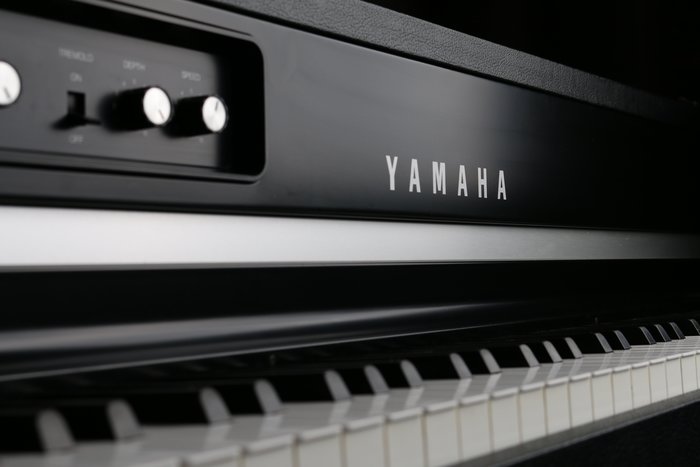
Polyphony
[pə-LIF-ə-nee]
Part of speech: noun
Origin: Greek, early 19th century
1.
The style of simultaneously combining a number of parts, each forming an individual melody and harmonizing with each other.
2.
(on an electronic keyboard or synthesizer) the number of notes or voices that can be played simultaneously without loss.
Examples of Polyphony in a sentence
"The a cappella choir produced an amazing display of polyphony."
"I upgraded my keyboard to be able to play with a higher level of polyphony."
About Polyphony
The most recognizable examples of polyphony are from the late Middle Ages and Renaissance. Think of Gregorian chants with many voices coming together as one. The term has more modern uses with electric instruments capable of producing multiple sounds and melodies at the same time. You could buy a digital piano that allows you to produce music with many different instruments and melodies, all by yourself.
Did you Know?
Your favorite singer-songwriter croons tunes in monophony (with one voice). The rock band uses homophony to blast out anthems with one dominant voice accompanied by back-up voices or instruments. But if you have polyphony, there are multiple melodies coming together to form a harmony. The Greek origins of this word are pretty straightforward: “poly” means many and “phone” means sound.








